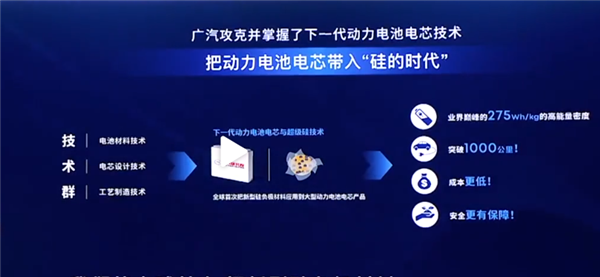SteelBird
Colonel
Talking about Chinese EV, I think the best on the market now is Nio and the second should be BYD. Tang is the flagship of it. I think BYD is cheaper and more options available than Nio. Nio is pure EV, no other choice while BYD Tang is available in pure gasoline, plugin EV, pure EV. BYD comes to Cambodia recently (their showroom started open as soon as October). I think they did a market research and found that only pure gasoline suits the market of Cambodia. I think they did a common mistake as other Chinese car dealers that they set prices too high, almost as high as Japanese cars. For instant, Tang at US$53,000 and Song at US$39,000. I tested drive their car, I wanted to test the Tang but it was not available that day, so I tested the Song instead. I talked to the salesperson that if they want to sell cars in Cambodia, first they need to conquer the market. To do so, they need to set their prices at a discount ones. For example, Tang at $40,000. If higher than that they might never make a single sales. I nearly bought a Tang from them but they couldn't fulfill my conditions. The conditions I offered to them were:I don't know what they are talking about. BYD is already a leader in the US (of all places) in electric buses.
They might not be in automobiles but I think that is a matter of time.
1. Tang DM (they have pure gasoline version)
2. Model year 2021 which is already available in China (they currently have 2019)
3. Price at $40,000
After failing to buy a brand-new Tang DM, I turn to buy an American junk instead; the Lexus RX400h model year 2006. Price is no cheap either at $31,000. You guys might say: "Vow! I can buy it at a couples of thousand in the US!". Yes, that's right! but we pay more than $20,000 just for import tax of that thing!
In case you guys are interested, here's the vehicle that I bought.

Last edited:



